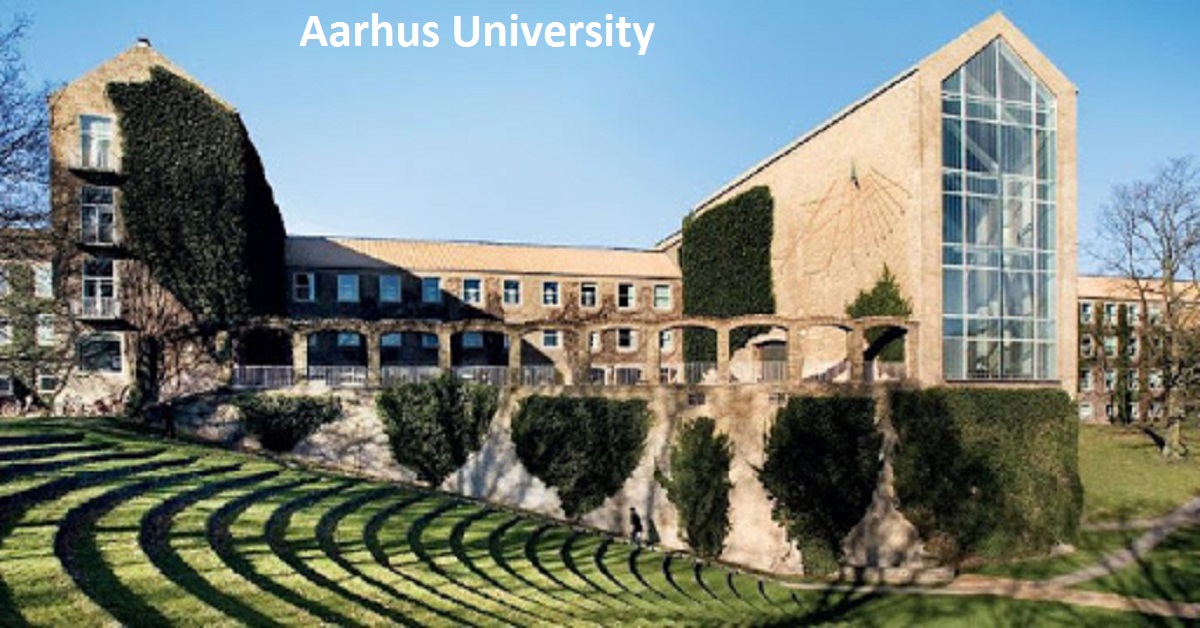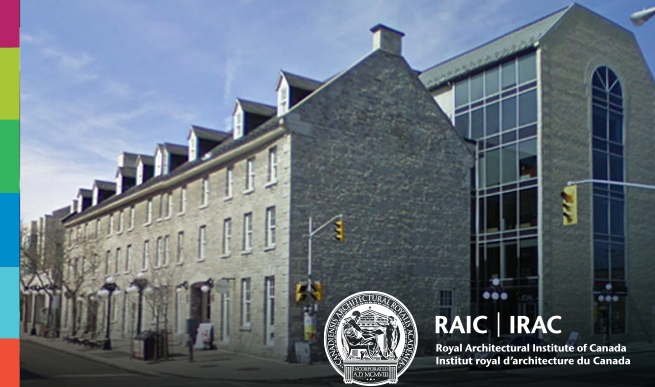
The Department of Educational Psychology at the Danish School of Education, Aarhus University invites applications for a postdoctoral position in the research project: Green Transition and World-Care in Early Childhood Education and Care.
The postdoc position is full time (37 hours a week) and is expected to begin on 1 January 2023 or as soon as possible thereafter, and to end 30 months later on 30 June 2025. The position is based at DPU Copenhagen Campus.
The Danish School of Education is committed to diversity and encourages all qualified applicants to apply regardless of their personal background.
The research context
The overall project investigates the challenges of the green transition and sustainability as a new pedagogical task in early childhood education and care (ECEC). In this project we address these challenges as a question of developing and practising world-care. The project is financed by the Danish Research Council (FKK), See more details at:
https://dpu.au.dk/om-dpu/nyheder/nyhed/artikel/dagtilbud-skal-skabe-verdensomsorg
The guiding research questions are:
1) How can we encourage and foster a caring attitude towards the non-human world, including biodiversity and sustainability, without overburdening young children with eco-anxiety and a sense of powerlessness?
2) What narratives of nature and the human-natural environment relationship (incl. sustainability and green transformation) are 2-5 year-old children introduced to in ECEC by professionals, parents and cultural products (like books, film and programs directed at children)?
3) What professional resources are needed to provide better world-care in ECEC?
The position
The successful applicant will work in close collaboration with the project team at DPU, consisting of Associate Professor Ditte Winther-Lindqvist (the PI), Associate Professor Anne Maj Nielsen and Associate Professor Dorte Kousholt, and also in close collaboration with pedagogical practitioners in the project’s ECEC institutions. Apart from empirical investigation, analysis and dissemination in relevant international journals, the postdoc is expected to take part in coordinating the project on a daily basis with the PI. The methods used are qualitative and participatory, focusing on professional development through the method of research circles and ethnographic fieldwork. The theoretical sources of inspiration comprise phenomenological, cultural-historical, developmental, ethical and dialectical approaches to children’s being and becoming through participation in pedagogical activities and relationships in ECEC.
Research tasks
The postdoctoral project will contribute various points of focus to the overall research agenda. One of the tasks in the fieldwork is to identify the cultural and symbolic resources involved in addressing sustainability and world-care in ECEC. In combination with participatory research through research circle work and workshops with management and practitioners, the project investigates the way in which professionals perceive the task of creating more sustainable habits and routines in their practice and how they receive and understand this as an effort of taking care of the world (world-care) together with children. The postdoc will document and analyse the way in which understandings of the human-non-human environment relationship are communicated to children, and what characterise this pedagogy. These issues are explored in research circles and in daily practices, which in turn give rise to locally situated initiatives for change and for continuing or breaking habits in ECEC. This includes the analysis of practices in ordinary activity settings (mealtimes, circle-time, play time), and of the ways in which sustainability and the green transition are present in these situations. However, in pedagogical projects, children’s books and popular culture about nature children are also exposed to narratives about nature, human and non-human relationships and sustainability which strongly influence their appreciation and understanding of these phenomena. The postdoc will identify and analyse the ways in which nature, living beings and the environment are understood by professionals – and how they are communicated to children in pedagogy and cultural products in ECEC.
The successful applicant for the postdoc position will be expected to contribute substantially to the research project by taking part in theoretical and conceptual development within the field, and to work independently and in close collaboration with the senior researchers. Applicants are therefore encouraged to suggest a research plan as part of their application
Qualifications
The successful applicant for the postdoctoral position must have a PhD or equivalent qualifications in psychology, education or anthropology (or a related field). Applicants must be able to document:
- Experience of participatory research methodology
- Excellent English writing skills.
It is an advantage if applicants can also document prior professional experience in and/or knowledge of:
- ECEC
- Sustainability and education
- Embodied education
- Developmental psychology
- Relational care ethics
- Professional development.
Due to the nature of the research methodology, the applicant must be able to publish in English as well as working in close collaboration with professional practitioners in Danish.
For further information about the position, please contact the PI, Ditte Winther-Lindqvist. email: diwi@edu.au.dkYou can read more about the Department of Educational Psychology here:
https://dpu.au.dk/om-dpu/organisation-og-strategi/afdeling-for-paedagogisk-psykologi
The application must be submitted in English.
Work environment
Active participation in the daily life of the department is a high priority, and we emphasise the importance of good working relationships, both among colleagues and with our students. In order to maintain and develop the department’s excellent teaching and research environment, the successful applicant is expected to be present at the department on a daily, or at least weekly, basis.
We respect the balance between work and private life and strive to create a work environment in which that balance can be maintained. For further information, visit
https://international.au.dk/life/lifeindenmark/familyworklife/.
International applicants
For further information about the benefits of working at Aarhus University and in Denmark, including healthcare, paid holidays and, if relevant, maternity/paternity leave, childcare and schooling, international applicants are encouraged to visit https://international.au.dk/research/researcher-positions/workingconditions/. Aarhus University offers a broad variety of services for international researchers and accompanying families, including a relocation service and career counselling for expat partners. For information about taxation, check the taxation aspects of international researchers’ employment by AU.
Qualification requirements
Applicants should hold a PhD or equivalent academic qualifications.
Formalities
Faculty of Arts refers to the Ministerial Order on the Appointment of Academic Staff at Danish Universities (the Appointment Order).
- Appointment shall be in accordance with the collective labour agreement between the Danish Ministry of Finance and the Danish Confederation of Professional Associations.
- Further information on qualification requirements and job content may be found in the Memorandum on Job Structure for Academic Staff at Danish Universities .
- Further information on the application and supplementary materials may be found in Application Guidelines.
- The application must outline the applicant’s motivation for applying for the position, attaching a curriculum vitae, a complete list of published works, copies of degree certificates and examples of academic production (mandatory, but no more than five examples). Please upload this material electronically along with your application.
Aarhus University also offers a Junior Researcher Development Programme targeted at career development for postdocs at AU. You can read more about it here: https://talent.au.dk/junior-researcher-development-programme/
If nothing else is noted, applications must be submitted in English. Application deadline is at 11.59 pm Danish time (same as Central European Time) on the deadline day.
Aarhus University’s ambition is to be an attractive and inspiring workplace for all and to foster a culture in which each individual has opportunities to thrive, achieve and develop. We view equality and diversity as assets, and we welcome all applicants.
Shortlists may be prepared with the candidates that have been selected for a detailed academic assessment. A committee set up by the head of school is responsible for selecting the most qualified candidates. See this link for further information about shortlisting at the Faculty of Arts: shortlisting
Faculty of Arts
The Faculty of Arts is one of five main academic areas at Aarhus University.
The faculty contributes to Aarhus University’s research, talent development, knowledge exchange and degree programmes.
With its 550 academic staff members, 275 PhD students, 9,500 BA and MA students, and 1,500 students following continuing/further education programmes, the faculty constitutes a strong and diverse research and teaching environment.
The Faculty of Arts consists of the School of Communication and Culture, the School of Culture and Society and the Danish School of Education. Each of these units has strong academic environments and forms the basis for interdisciplinary research and education.
The faculty’s academic environments and degree programmes engage in international collaboration and share the common goal of contributing to the development of knowledge, welfare and culture in interaction with society.
Read more at arts.au.dk/en
The application must be submitted via Aarhus University’s recruitment system, which can be accessed under the job advertisement on Aarhus University’s website.
Questions about the position?
Ditte Alexandra Winther-LindqvistAssociate Professor, Danish School of Education – Educational Psychology, Emdrup+4530139323diwi@edu.au.dk
Questions about application and proces?
Arts Administrative Centre – HR, AR, Emdrup+4593508310emply.ar.hr@au.dk
![Postdoctoral and Research Opportunities at McGill University [CA]](https://scholaridea.com/wp-content/uploads/2020/06/mcgill-university-30-may-2019-768x402.jpg)

